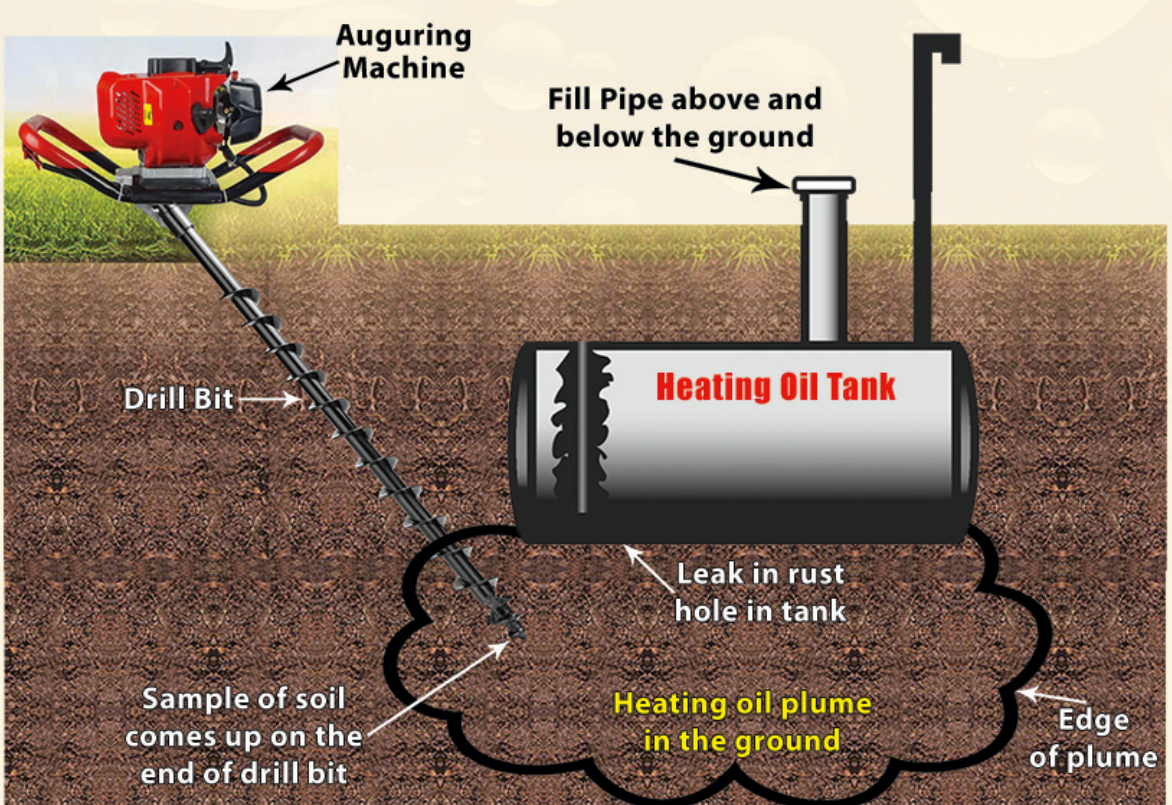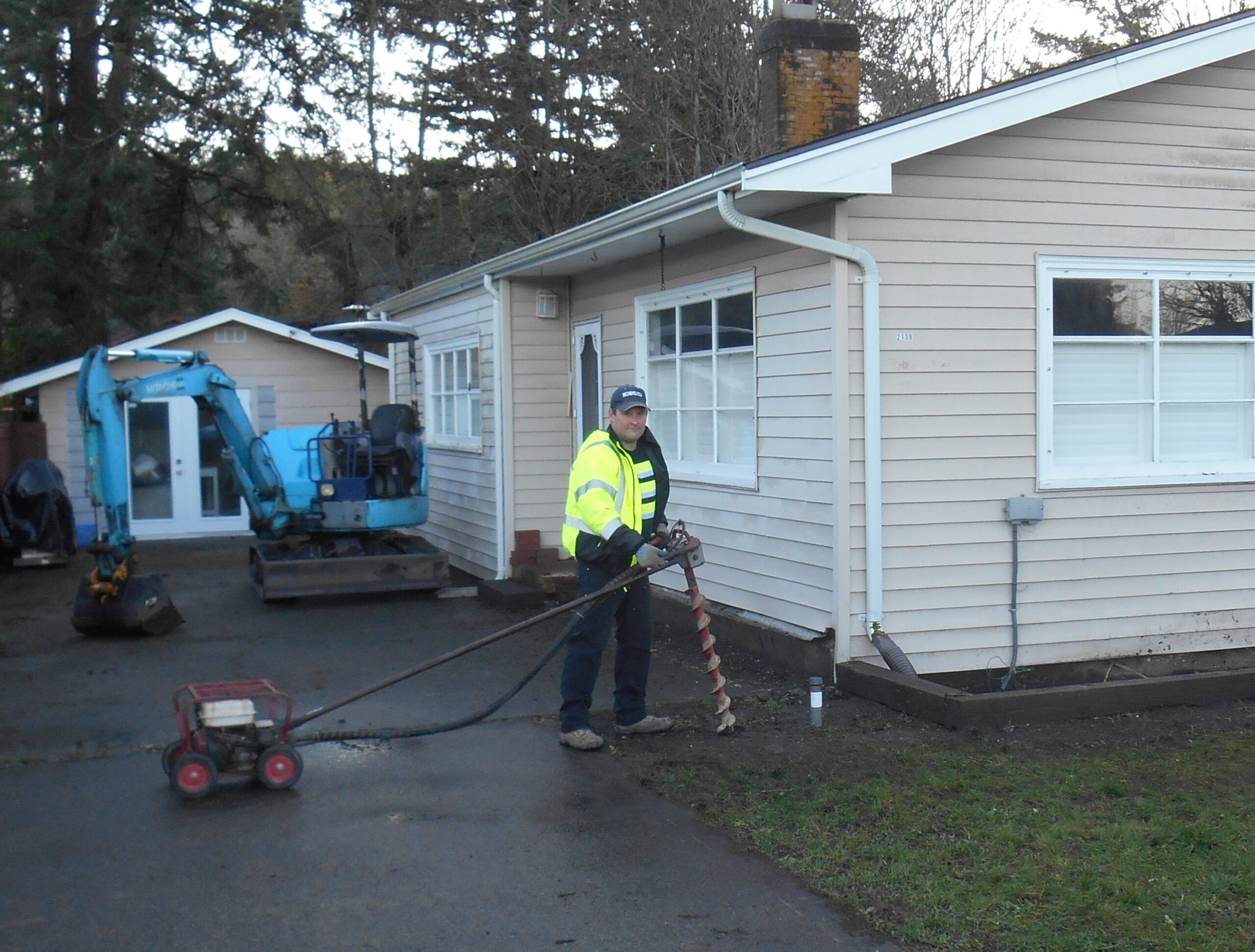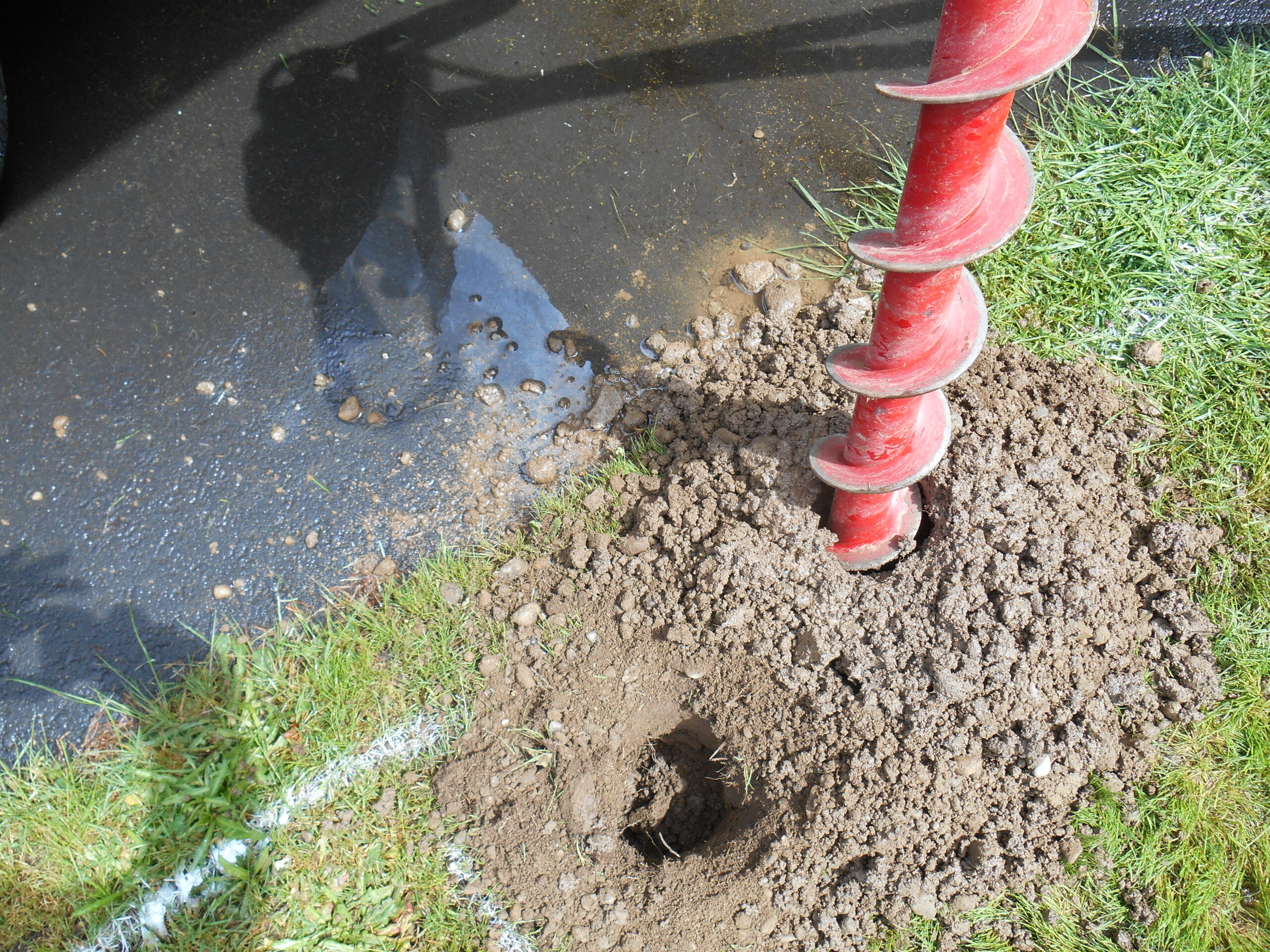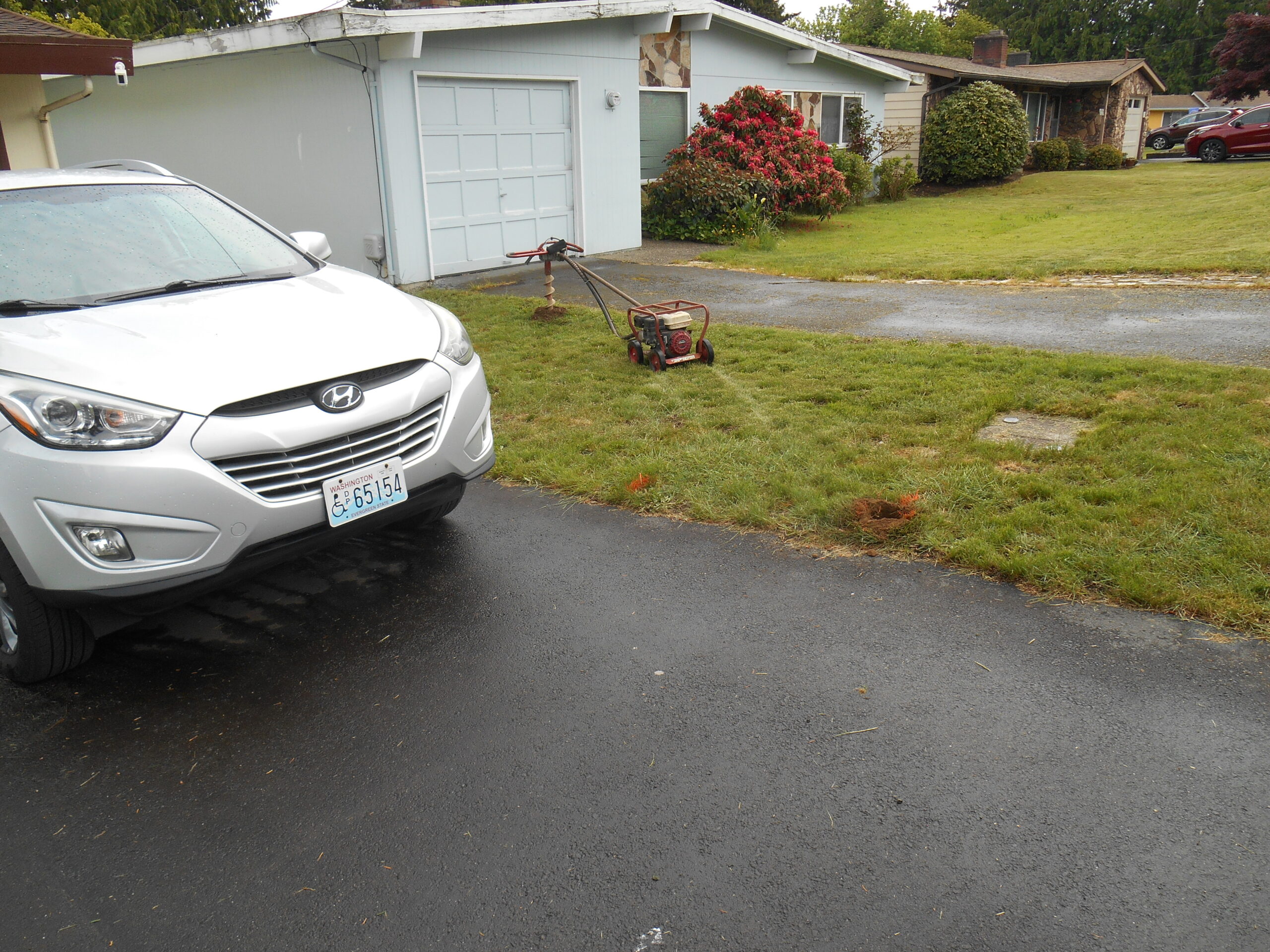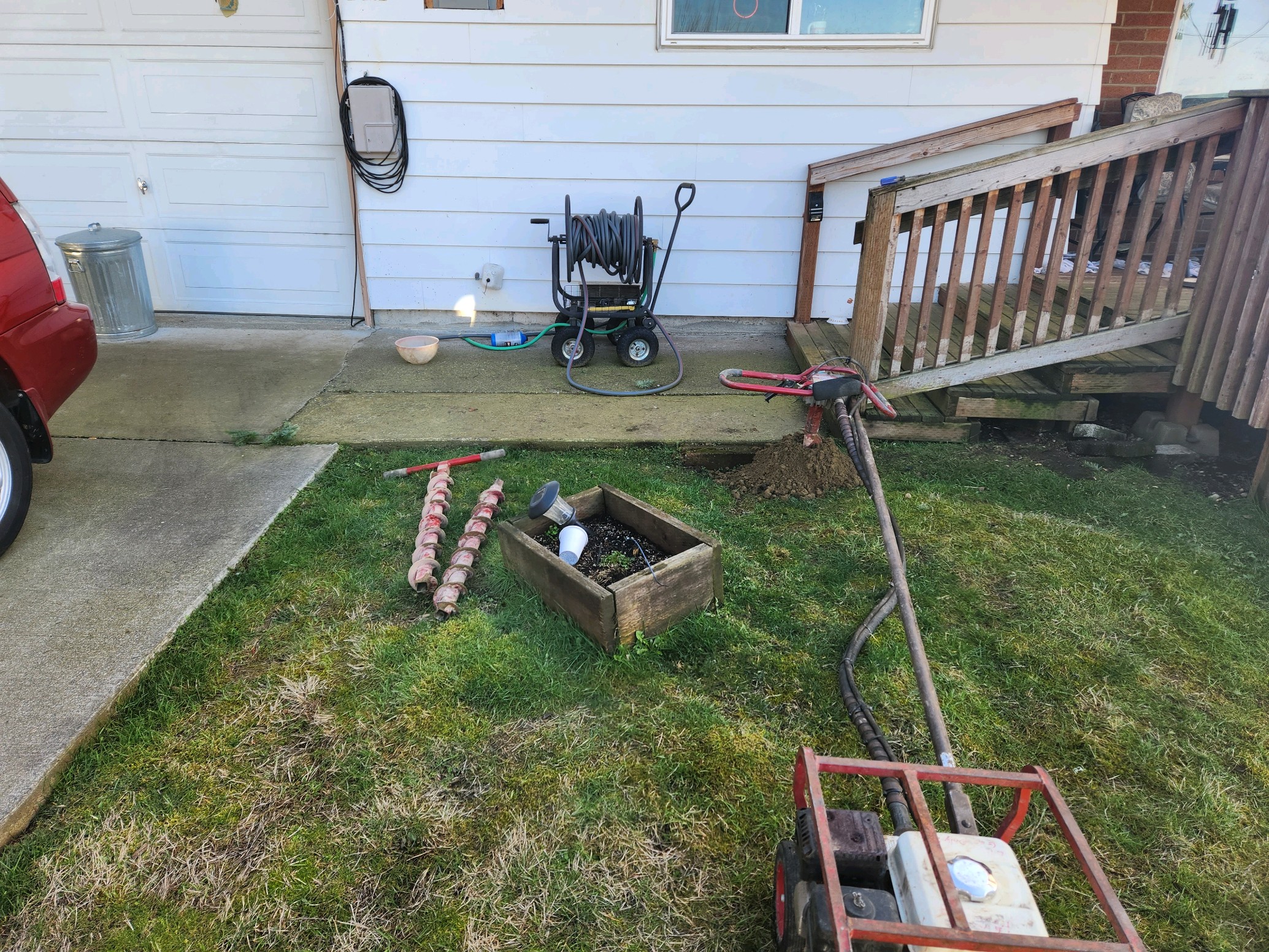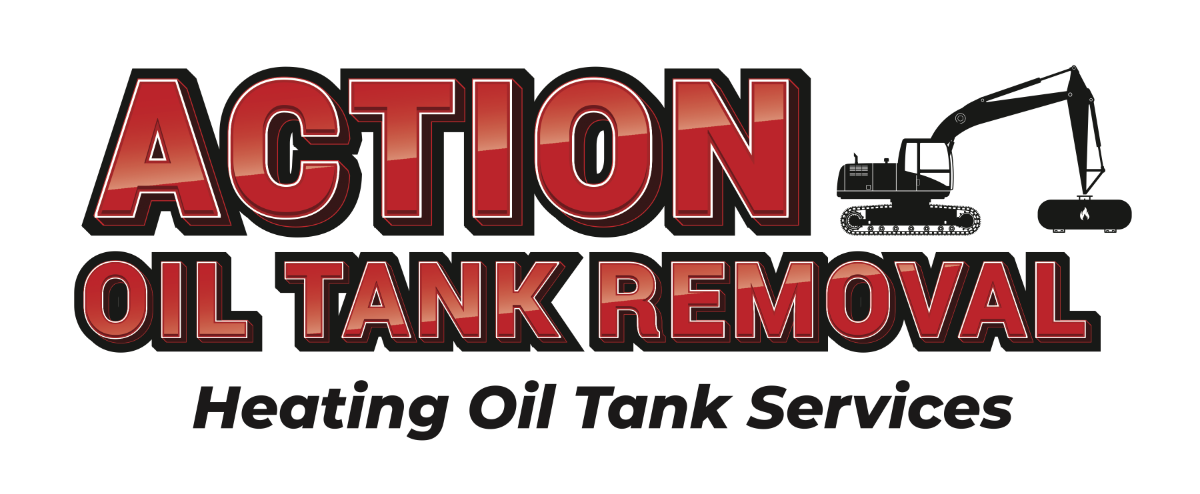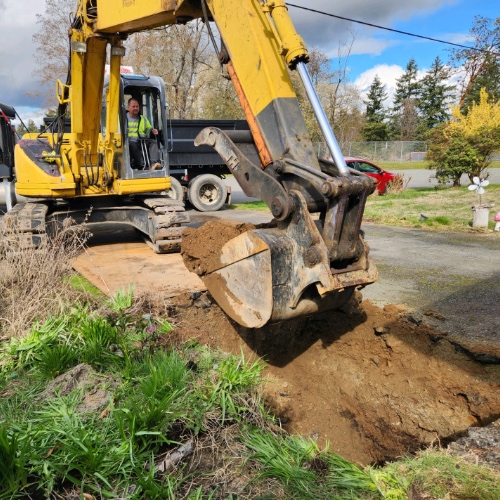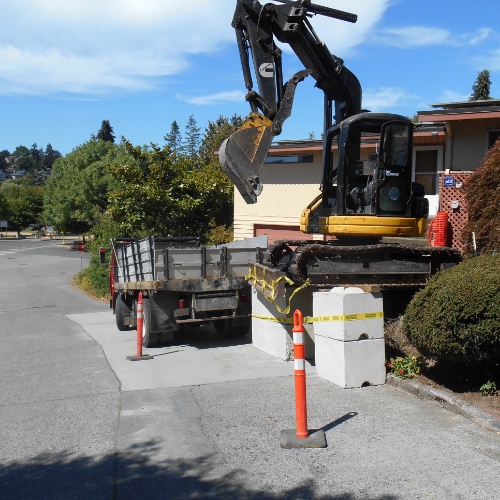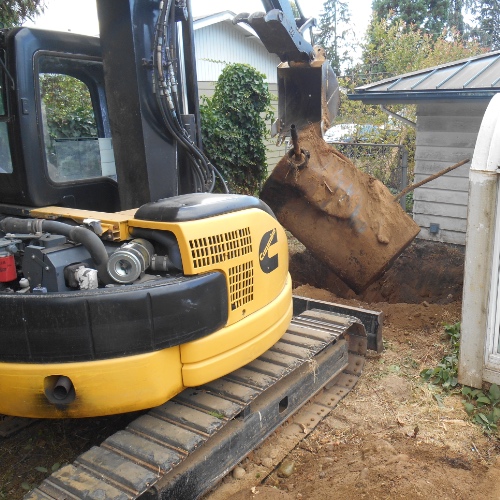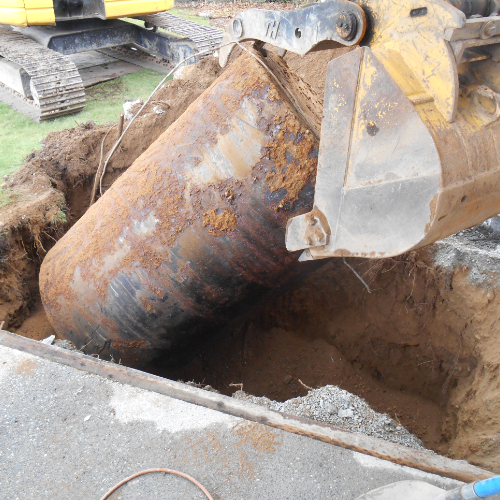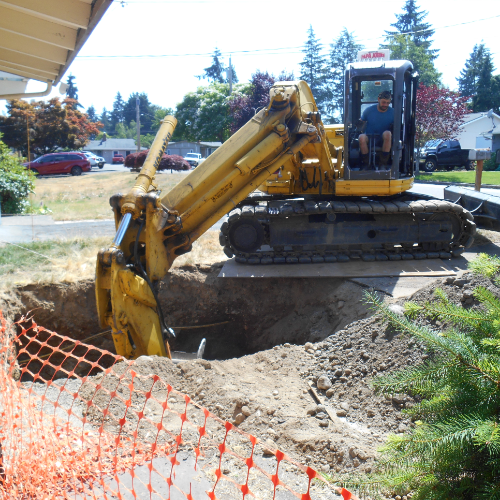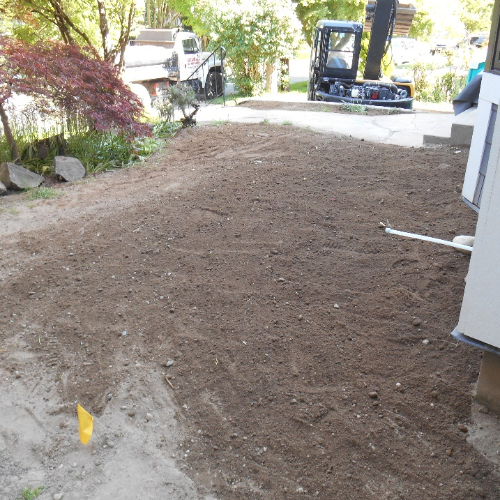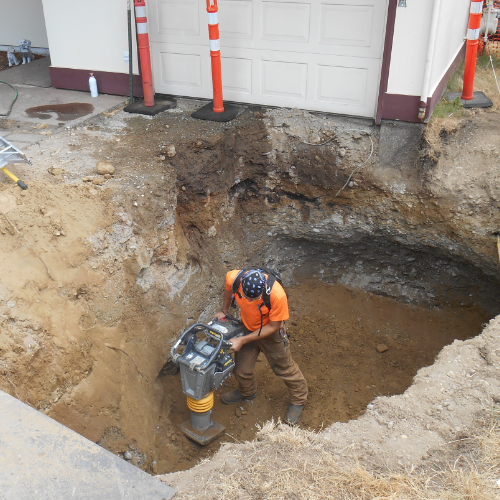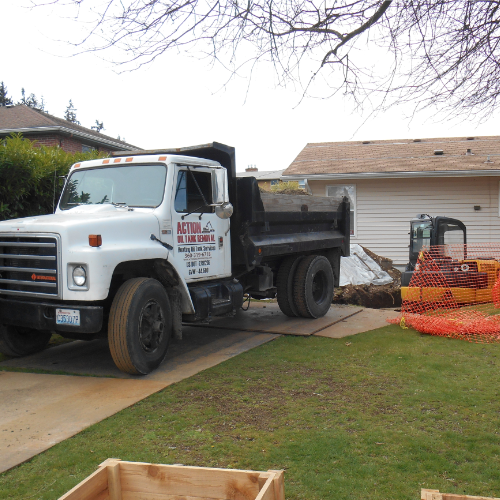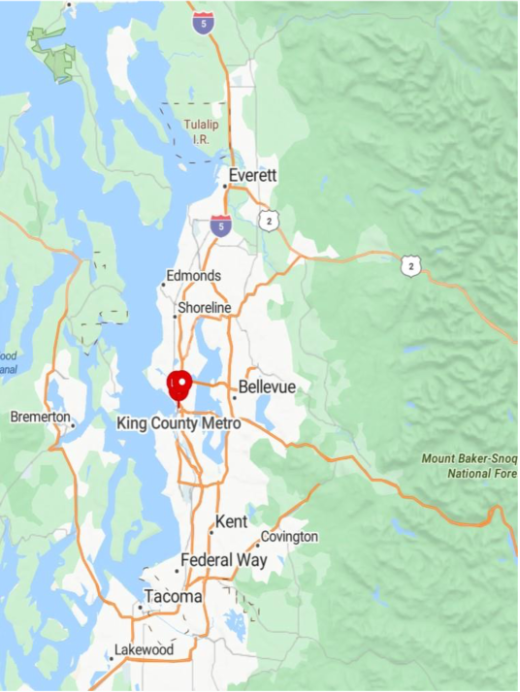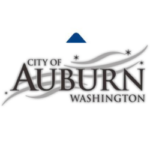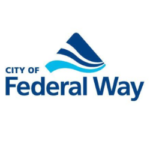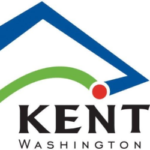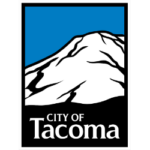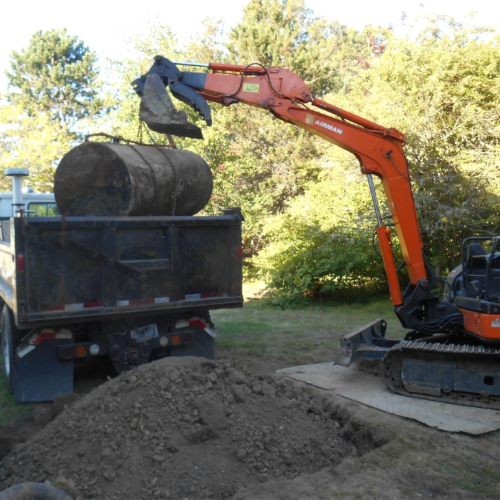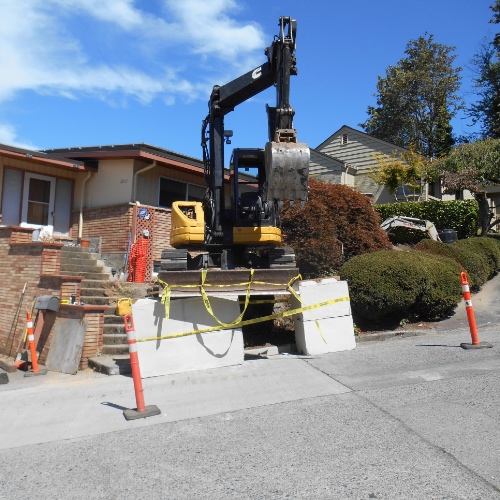We are an experienced family business specializing in heating oil tank removals, decommissioning and remediation.
We are an experienced family business specializing in heating oil tank removals, decomissioning
We are an experienced family business specializing in heating oil tank removals, decomissioning
We are an experienced family business specializing in heating oil tank removals, decomissioning
We are an experienced family business specializing in heating oil tank removals, decomissioning
We are an experienced family business specializing in heating oil tank removals, decomissioning
We are an experienced family business specializing in heating oil tank removals, decomissioning
We are an experienced family business specializing in heating oil tank removals, decomissioning
We are an experienced family business specializing in heating oil tank removals, decomissioning
We are an experienced family business specializing in heating oil tank removals, decomissioning
We are an experienced family business specializing in heating oil tank removals, decomissioning
We are an experienced family business specializing in heating oil tank removals, decomissioning
We are an experienced family business specializing in heating oil tank removals, decomissioning
We are an experienced family business specializing in heating oil tank removals, decomissioning
We are an experienced family business specializing in heating oil tank removals, decomissioning
We are an experienced family business specializing in heating oil tank removals, decomissioning
We are an experienced family business specializing in heating oil tank removals, decomissioning
We are an experienced family business specializing in heating oil tank removals, decomissioning
We are an experienced family business specializing in heating oil tank removals, decomissioning
We are an experienced family business specializing in heating oil tank removals, decomissioning
We are an experienced family business specializing in heating oil tank removals, decomissioning
We are an experienced family business specializing in heating oil tank removals, decomissioning
We are an experienced family business specializing in heating oil tank removals, decomissioning
We are an experienced family business specializing in heating oil tank removals, decomissioning
We are an experienced family business specializing in heating oil tank removals, decomissioning
We are an experienced family business specializing in heating oil tank removals, decomissioning
We are an experienced family business specializing in heating oil tank removals, decomissioning
We are an experienced family business specializing in heating oil tank removals, decomissioning
We are an experienced family business specializing in heating oil tank removals, decomissioning
We are an experienced family business specializing in heating oil tank removals, decomissioning
We are an experienced family business specializing in heating oil tank removals, decomissioning
We are an experienced family business specializing in heating oil tank removals, decomissioning
We are an experienced family business specializing in heating oil tank removals, decomissioning
We are an experienced family business specializing in heating oil tank removals, decomissioning
We are an experienced family business specializing in heating oil tank removals, decomissioning
We are an experienced family business specializing in heating oil tank removals, decomissioning
We are an experienced family business specializing in heating oil tank removals, decomissioning
We are an experienced family business specializing in heating oil tank removals, decomissioning
We are an experienced family business specializing in heating oil tank removals, decomissioning
We are an experienced family business specializing in heating oil tank removals, decomissioning
We are an experienced family business specializing in heating oil tank removals, decomissioning
We are an experienced family business specializing in heating oil tank removals, decomissioning
We are an experienced family business specializing in heating oil tank removals, decomissioning
We are an experienced family business specializing in heating oil tank removals, decomissioning
- Upgrade your heating source
- Start saving an average of $250/month on your heating
- Instantly increase your homes equity and selling price
- Clean up the environment
